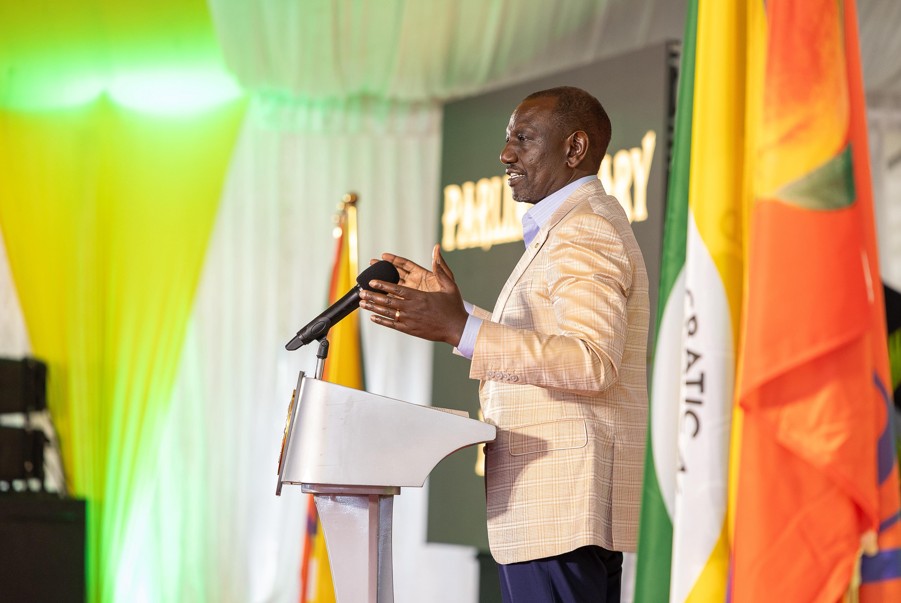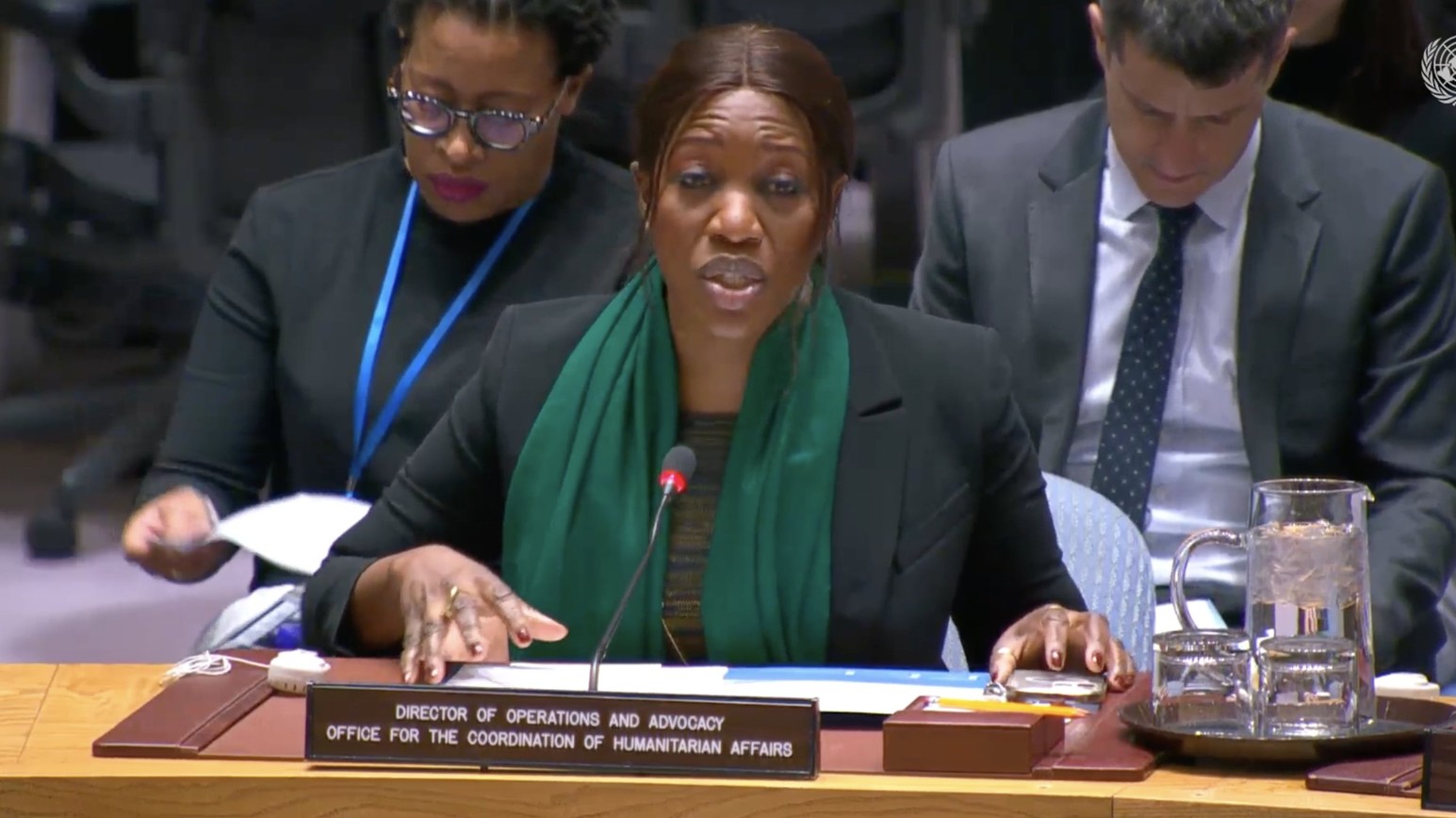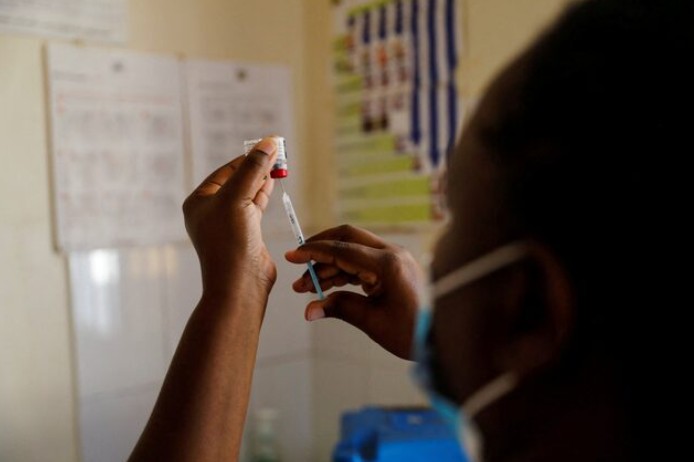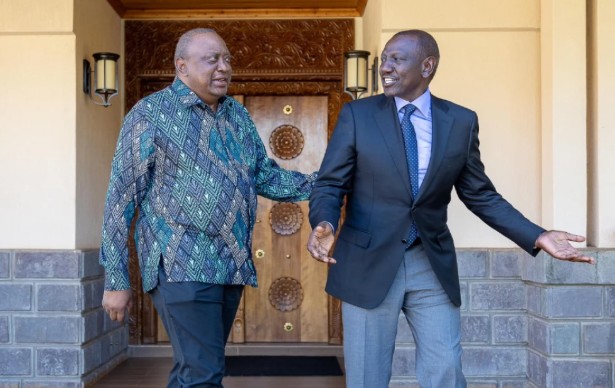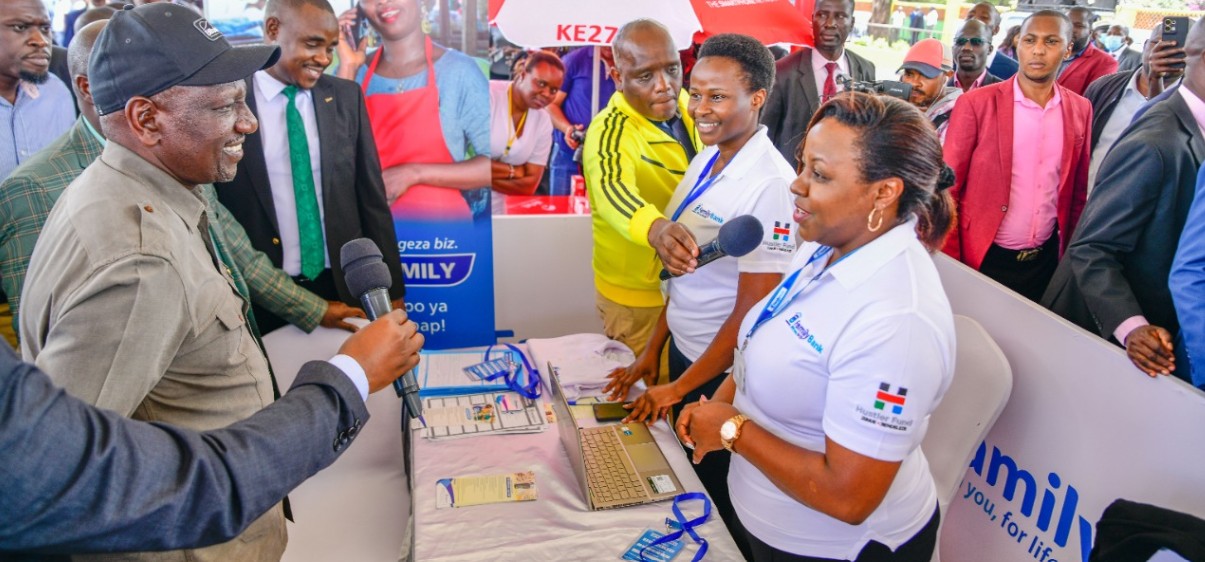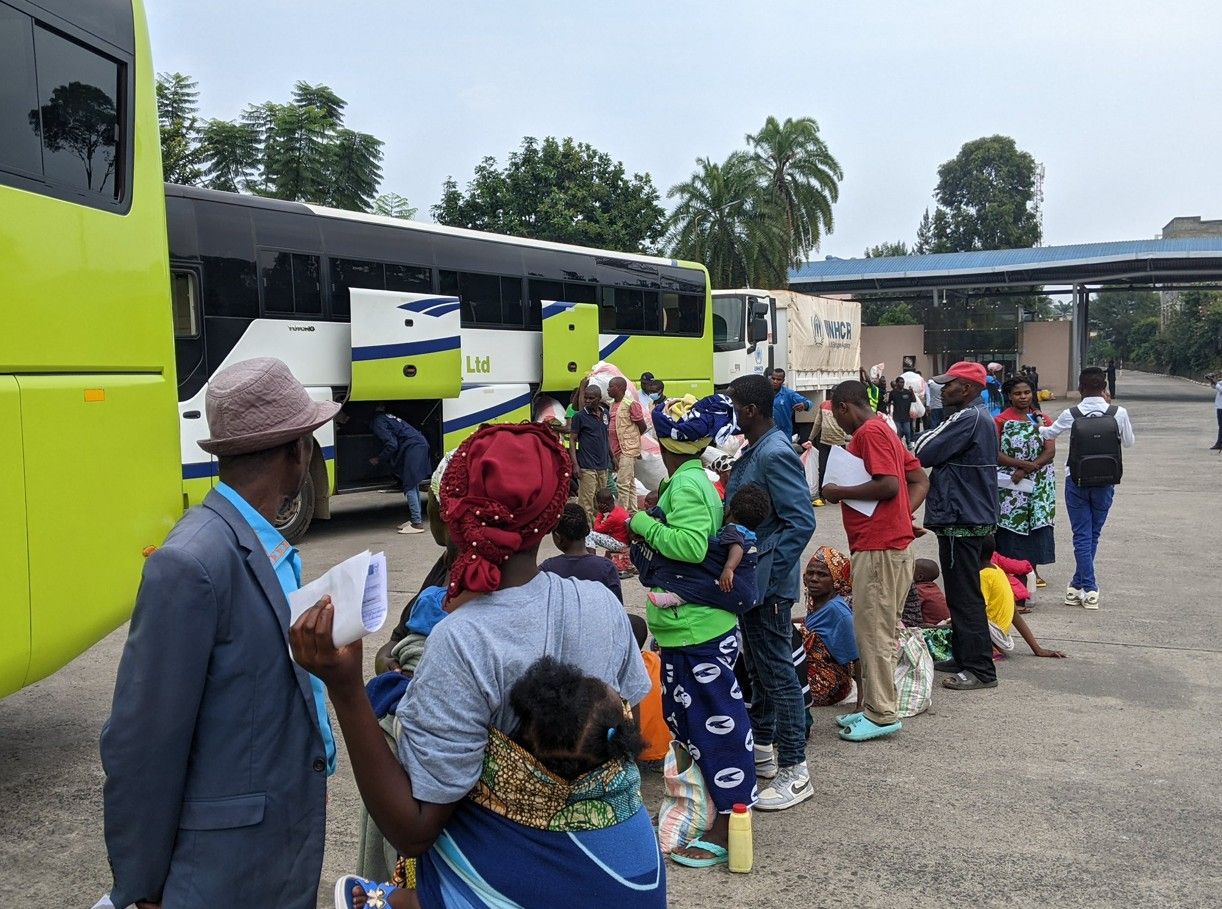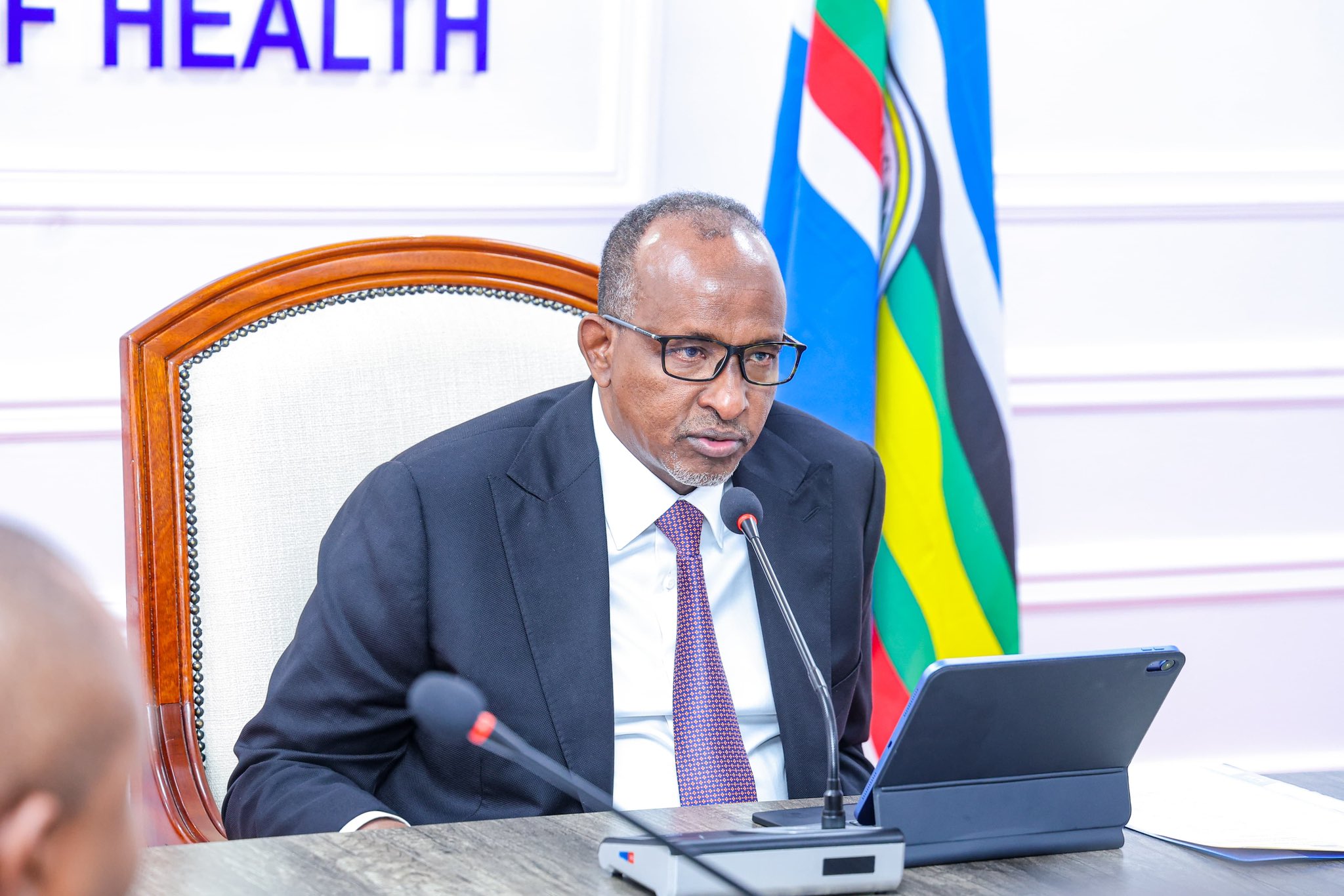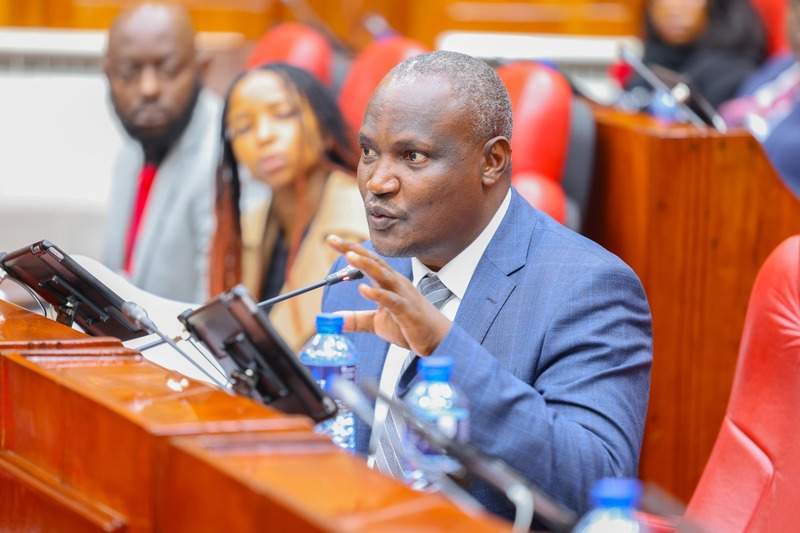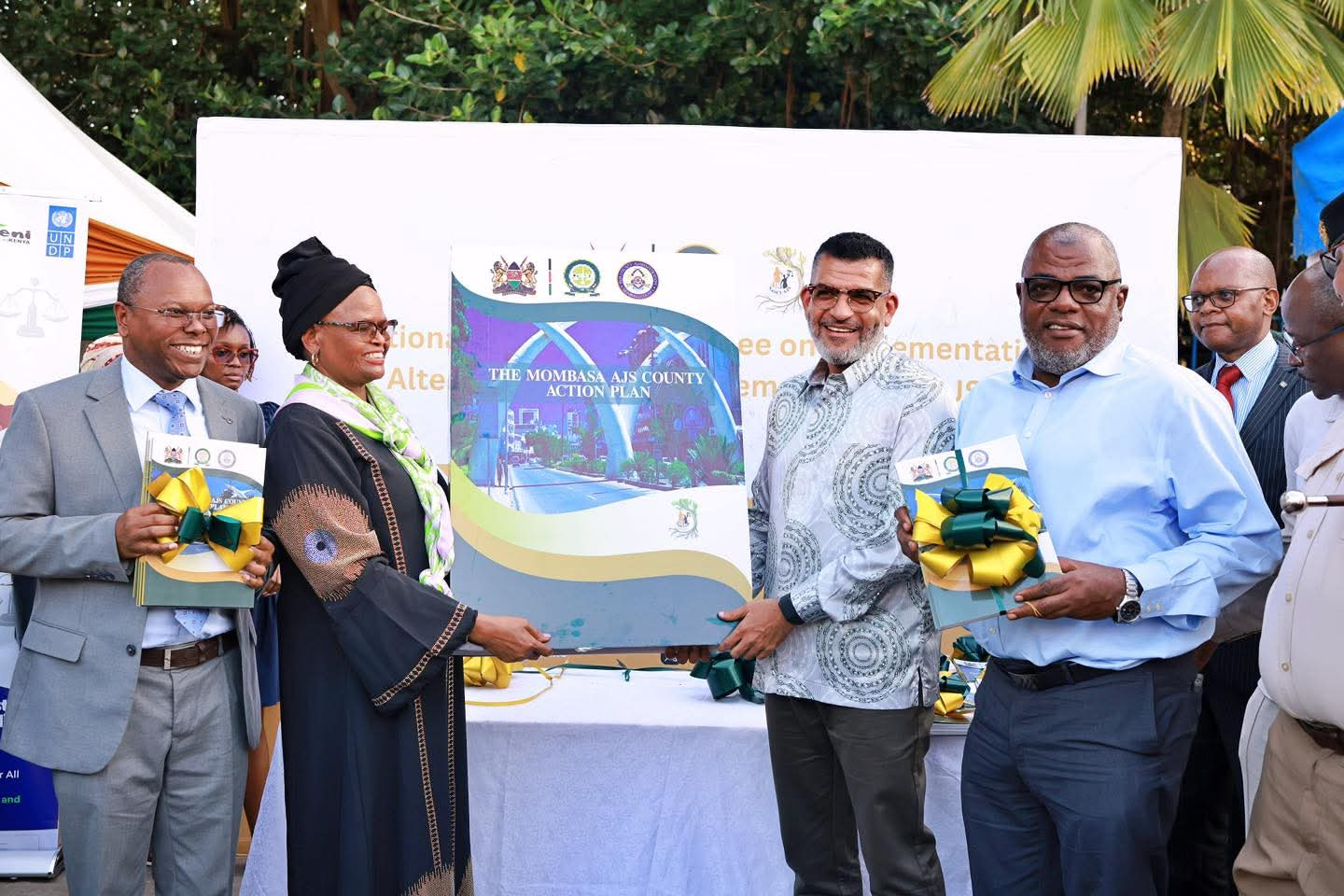High Court refers Kindiki's appointment petition to Chief Justice for bench formation
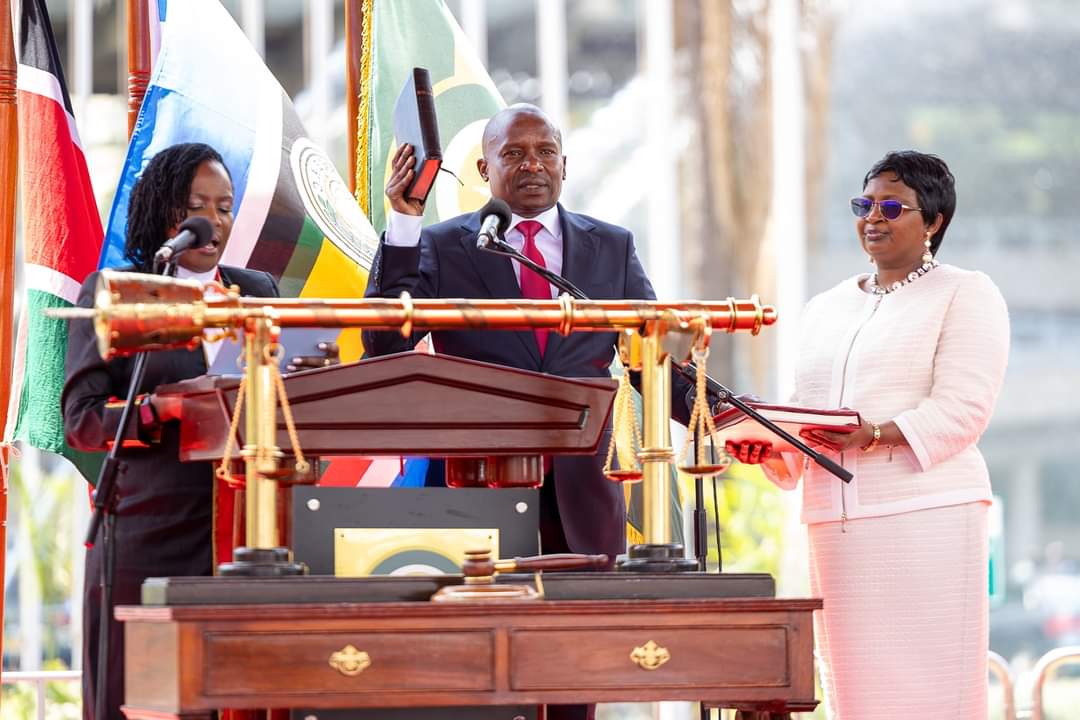
A three-judge bench comprising Justices Eric Ogola, Anthony Mrima, and Fresh Mugambi ruled that the office of the Deputy President could not remain vacant.
The High Court has referred a petition challenging the appointment of Kithure Kindiki as Deputy President to Chief Justice Martha Koome for forming a bench to hear and determine the matter.
Justice Bahati Mwamuye certified the petition, filed by activist Enock Aura, as raising substantial legal questions requiring a panel of judges.
More To Read
- Kindiki, Murkomen fight back against petition to remove them from Roll of Advocates
- Motion filed to delist Kithure Kindiki, Kipchumba Murkomen from Roll of Advocates over protest crackdown
- High Court to rule July 31 on legality of Kindiki's Deputy President appointment
- Respect must go both ways, Kindiki tells Gen Z, elders
- DP Kindiki’s office seeks Sh625m budget boost for travel, hospitality and residence upgrades
- DP Kindiki slams political intolerance after goons storm Gachagua event
"I hereby certify the amended petition as such. I also note that it delves into issues pending before a three-judge bench of the High Court. Consequently, this file is to be placed before the CJ for empanelment," said Mwamuye on Thursday.
Aura, through his lawyer Harrison Kinyanjui, claims Kindiki's assumption of office is unconstitutional as the position of Deputy President was not declared vacant by the Independent Electoral and Boundaries Commission (IEBC) following the tenure of Rigathi Gachagua.
"To date, no declaration of the vacancy of the office of the Deputy President has been made, gazetted, or published in any newspaper by the IEBC declaring the cessation of the tenure of Rigathi Gachagua as such," Aura stated in the petition.
The petition also argues that no lawful declaration of a vacancy in the office of Deputy President was made, rendering Kindiki's assumption to office invalid.
"Such a verdict must be gazetted by the IEBC. It was not," reads part of Aura's amended petition dated December 16, 2024.
Kindiki's swearing-in as Deputy President was initially halted in October 2024 by the High Court in Kerugoya, following Aura's earlier petition.
However, the court lifted the orders later, citing the need to ensure continuity in office.
A three-judge bench comprising Justices Eric Ogola, Anthony Mrima, and Fresh Mugambi ruled that the office of the Deputy President could not remain vacant.
Despite this, Aura insists that Kindiki's appointment remains flawed, arguing that no gazettement of his cessation as a Cabinet Secretary was transmitted to the National Assembly or made available to the public.
Top Stories Today
Reader Comments
Trending

